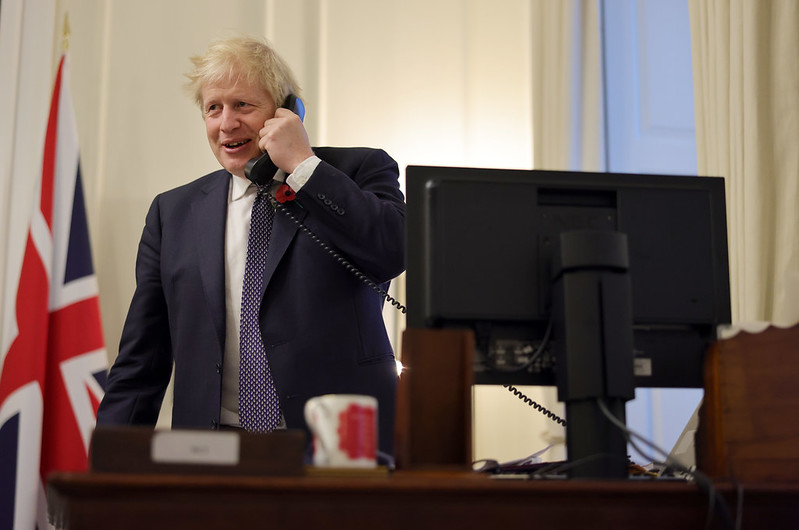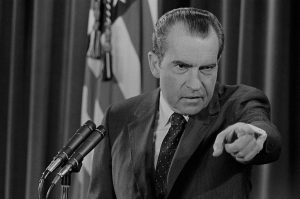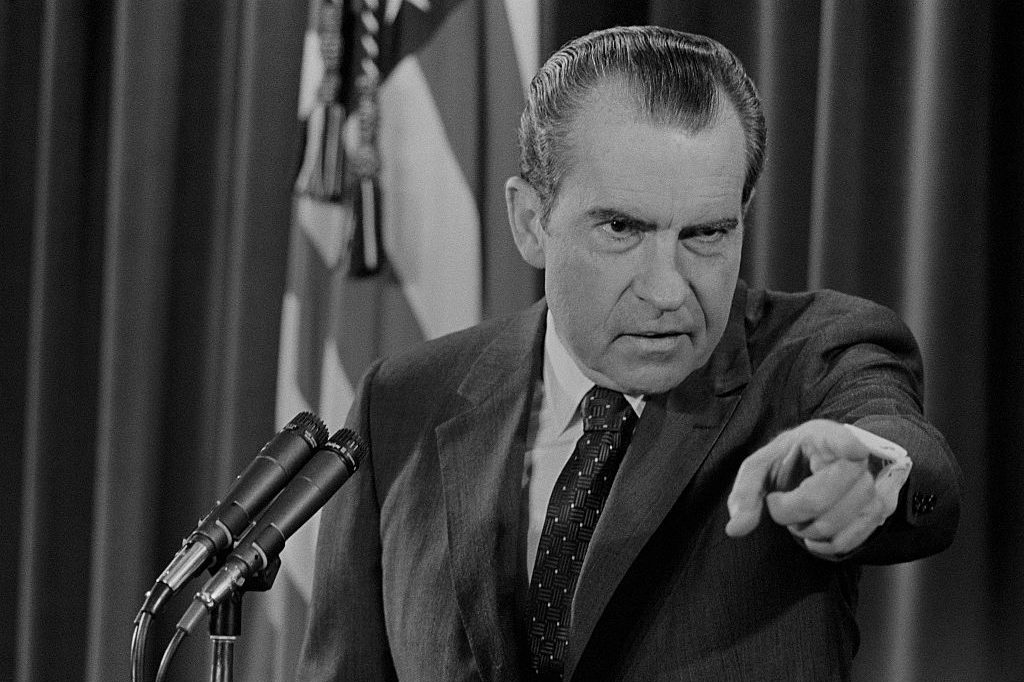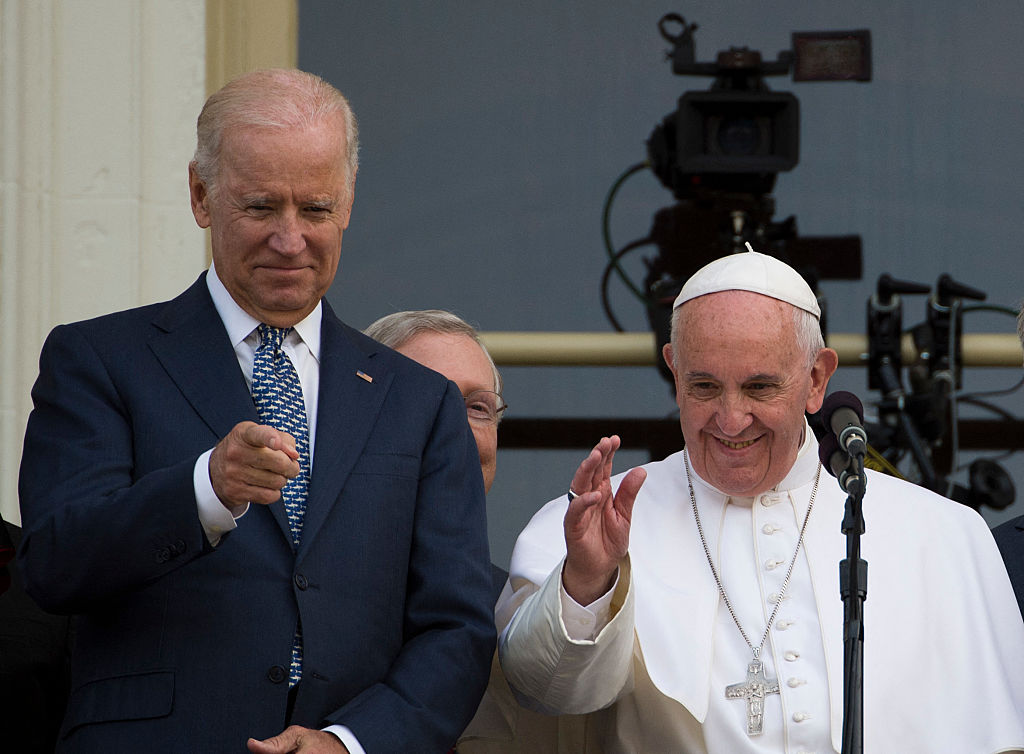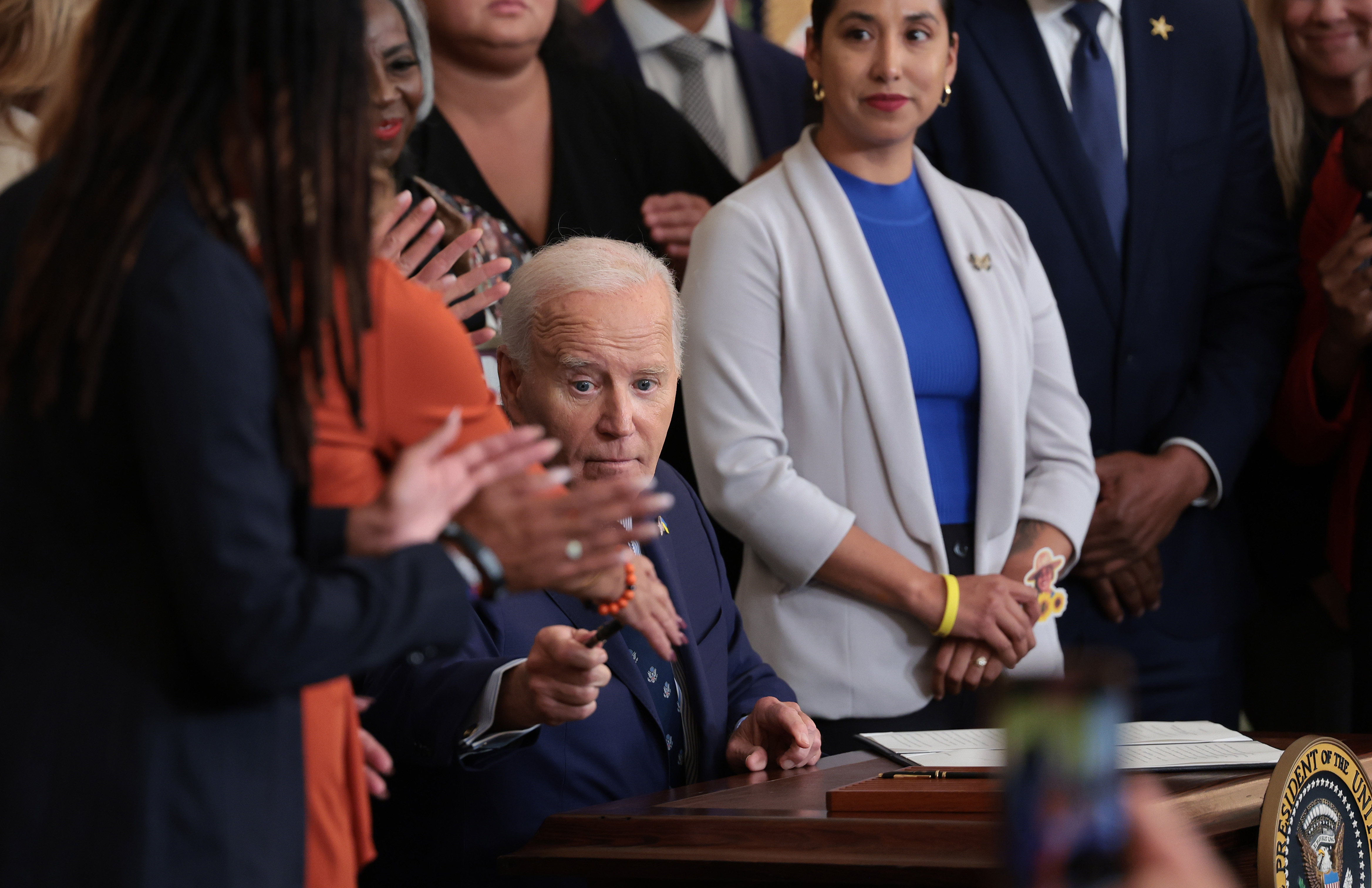Boris Johnson spoke to Joe Biden on Tuesday! Did you feel the thrill of it all? These Romans may be uncouth but they still know their Greeks. Or were you, instead, secretly annoyed that the President-elect did not make good on all those breathless intimations that, summoning the ghosts of ancient persecutions and more recent insults, he would ‘snub’ the British prime minister?
Much of the Westminster village appears consumed by this absurdity on a quadrennial basis. Hence the manner in which the presence — or absence — of a bust of Winston Churchill in the Oval Office is deemed a reflection of the specialness of the Special Relationship. If Winston is there, all is fine; if he is not, irrelevance awaits. It is exhausting and infantile and on a certain level demeaning too.
But it is also always like this. Last time we cantered around this track, there was a mortifying ‘race’ to see whether or not Theresa May would be granted the honor of a call, and subsequently, an audience with Donald Trump. She was and a fat lot of good it did her. But these were the sunny days when large swathes of the British press were prepared to indulge the fantasy that Trump would in some strange fashion be ‘good for Britain’. Why, had he not said nice things about a US-UK trade deal? Yes he had and some people, including some who should have known better, cheerfully decided mere words, easily said, must be the precursor to action despite there being precisely no reason to think it would be.
But, look, ‘First in the Queue’ – you can’t put a price on that, can you? Granted, once tradition dictates that the Prime Minister of Canada is typically the first foreign leader to hear from an incoming American president ‘First in the Queue’ must quietly be redefined to mean ‘First in Europe’. Take that, you Frogs and you Jerries.
The essential absurdity of it was captured many years ago when Bill Clinton — notionally miffed by the manner in which John Major’s government had acceded to a Republican request for any useful information that might be gleaned from Clinton’s time as a Rhodes Scholar at Oxford — was reminded to make sure he uttered the magic words ‘special relationship’ during his first call with the British prime minister. Clinton, amused by this, nonetheless did as he was told and everyone in London sighed with relief and took this as a sign all might indeed still be fine with the world.
Obama, likewise, was deemed to be cool on Britain because, at least according to the current prime minister, he was ‘half-Kenyan’ and therefore conditioned to take a dim, post-colonial, view of Britain. Piffle, I rather think, however you arrange your pyramid. (It seemed lost on Johnson, and all those who subscribed to his way of thinking, that if he was right, perhaps the British Empire was not quite the festival of glory it is sometimes — and simplistically — imagined to be. Not least by people such as, well, Boris Johnson.)
Still, if the British right frets that Democratic presidents don’t feel the magic of the ‘Special Relationship’ in their bones, much of the British left seems to rather secretly — by which I mean openly — hope any new American president will relegate the United Kingdom to the third division. That would teach us a lesson and any country which elects Boris Johnson will get what it deserves. Britain’s failure is a necessary humiliation.
Hence the hyping of any criticism offered by any former member of the Obama-Biden administration, no matter how junior they may be. Hence the plain desire to see Britain reminded of its reduced status in the world. If some on the right project their own insecurities onto Biden, so plenty on the left assume he must share their prejudices. If the right enjoys ‘owning the libs’ too much, the left is itself much too enamored of schadenfreude.
As always multiple things may be true concurrently. Biden can think Johnson a jackass while also recognizing that the United States and the United Kingdom share many common interests that exist independently of either the President or the PM. Brexit may diminish Britain’s usefulness to the Americans as a ‘bridge to Europe’ without significantly altering the fundamentals of the security and intelligence relationships that remain deeper and more important than almost any of us really know.
So of course Biden made reference to the ‘Special Relationship’, just as the read-out of his call with Emmanuel Macron diligently noted the timeless bonds between the United States and its ‘oldest ally’. There is nothing unique about British pro forma boilerplate. The United States has dozens of important relationships and when the world changes, the relative importance of some of those ties must change with it. There is nothing dreadful about recognizing that. The United Kingdom, as Sir John Major pointed out the other day, is a middleweight slowly sweating down to super-welterweight status.
Alliances based on interests are stronger than alliances based on personal relationships for the latter are fleeting and the former enduring. One notable feature of the Trump years was the extent to which the President failed to understand that — as he failed to understand so much, this was no surprise — believing that his unique deal-making ability not only transformed the American interest but enhanced it.
[special_offer]
Biden is cut from more familiar, more reassuring cloth. This is a good thing, quite obviously, and very much in the interest of every western democracy. The order in which he makes his telephone calls matters very much less than this. Talk of ‘winning’ — and thereby the appalling possibility of ‘losing’ — is utterly irrelevant. It is a feature of the smallness of the Westminster bubble that its inhabitants are so keen to forget this.
Joe Biden is no more anti-British than Obama or Clinton were before him but even so we should not assume that certain common interests necessarily mean agreement will be reached in other areas. The western democracies are friends but also, in other aspects, competitors. There, Biden will pursue the American interest with neither fear nor regard for soapy — or soppy — remembrances of past shared experiences. That interest is permanent too.
Deep down, folk in Westminster and even the media appreciate this, even if it sometimes suits their interests to pretend otherwise. One day, perhaps, Brits shall agree to greet the election of a new American president with some measure of modest realism. But not this year and not, I rather suspect, in 2024 either.
This article was originally published on The Spectator’s UK website.



